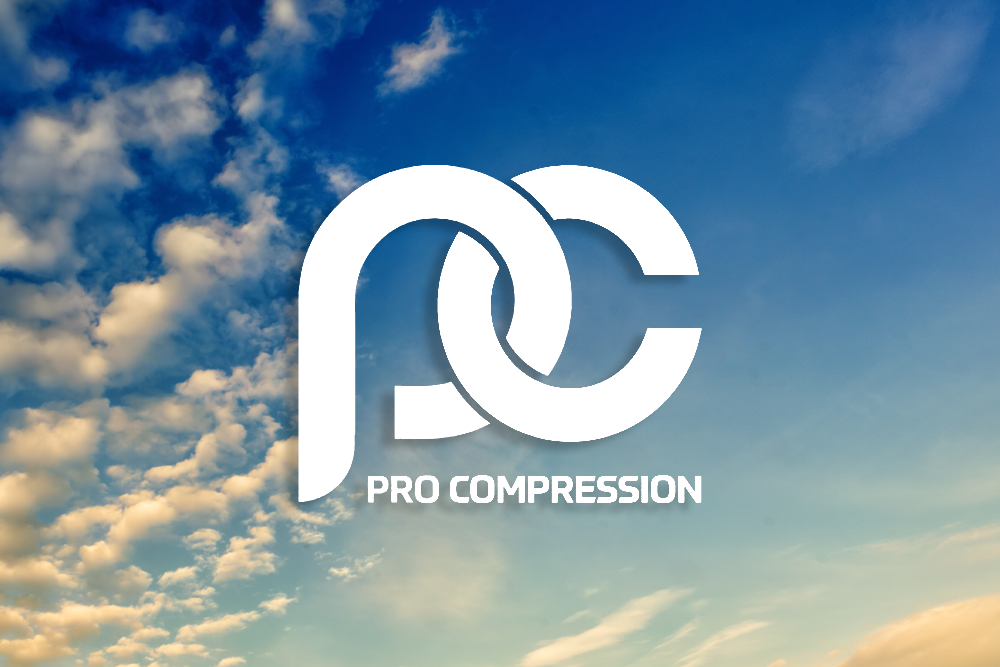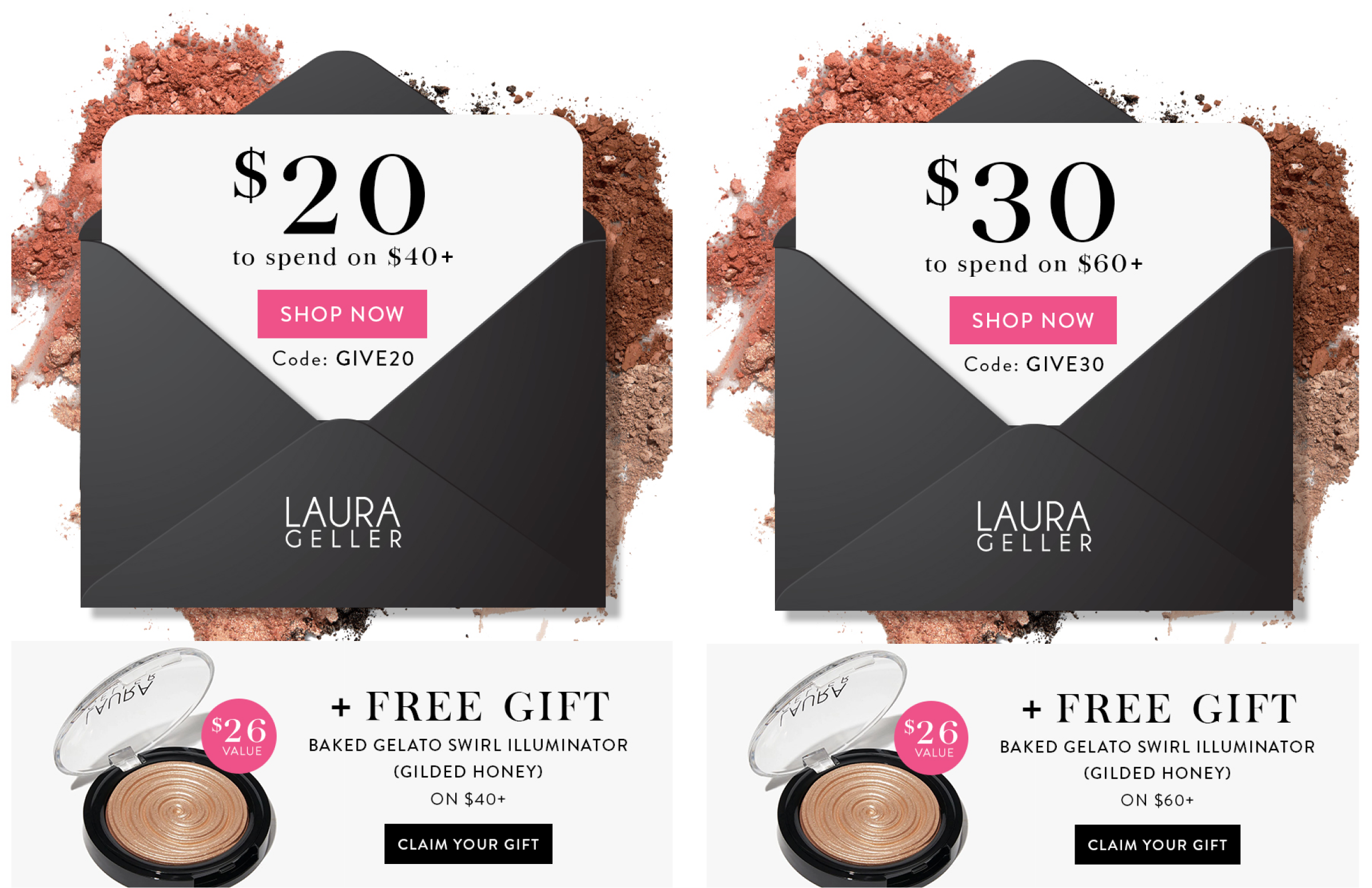Did you know that 97% of marketers use social media to reach their audiences? In addition to taking advantage of the organic reach of social platforms, most marketers also invest in paid social media ads.
When it comes to social media advertising platforms, Facebook remains one of the most popular for running ad campaigns. According to statistics, 93% of social media marketers utilize paid Facebook ads. So, if you’re looking to capitalize on the effectiveness of Facebook ads for your brand, you’re not alone. It is a safe choice. But that doesn’t mean it is easy.
To take full advantage of Facebook ads you need to fine-tune your Facebook advertising strategy to create leads and trigger conversions. If you don’t, your ads won’t perform well and your efforts and ad budget will go to waste.
Not to worry. We are going to explain how to create the perfect Facebook advertising campaign with some of our top tips for a flawless ad strategy.
Identify Your Target Audience
Once you have completed the basics of getting started with Facebook ads – such as advertising account creation – it’s time to identify on your target audience. After all, there’s no point in paying for ads that are not directed at your target customers.
The more targeted your audience is, the more successful your ad campaign will be. Failing to target the right audience will bring down the ROI of your ad campaign and basically waste your ad budget.
Fortunately, when it comes to targeting your audience, Facebook’s targeting features – rivaling those of Google – provide plenty of options including:
- Demographics (including income level, education level, relationship status, etc.)
- Location
- Interests
- Age
To focus your target audience, a bit of research may be required. However, once you know exactly who you want to see your ads, the ads manager page will allow you to finely target your designated subset of users.
Be Compelling
Another essential tip when it comes to Facebook advertising is to create compelling ads. But what makes a compelling Facebook ad?
If you are stuck for ideas, just consider this: Most people visit Facebook for entertainment.
Your ads won’t stand out in anyone’s feed (or sidebar) if they are boring or lack flair. The trick is to create ads that provide a hook or some sort of entertainment value. For instance, humorous ads generally do well because people find them engaging.
Even if you must spend twice as long planning and creating your ads, don’t settle for material that is uninspired or run-of-the-mill. There are currently around 3 million businesses actively advertising on Facebook. Of course, not all are direct competition to your brand, but when it comes to attention, anything is competition on social media.
Choose Your Ad Types Carefully
When creating your Facebook ads, it’s also important to consider which stage of the buyer journey your ads are directed to. Here are the three main buyer journey stages you can target:
- Awareness stage: prospects haven’t heard of you and need to be introduced to your brands (tip: this is not the stage for hard-sell ads)
- Consideration stage: prospects have become familiar with your brand (here you can encourage interactions with your content)
- Conversion stage: prospects know about your brand, and are in the final stage of the buyers’ journey, ready to make a purchase if conditions allow (more direct calls to action are appropriate in marketing messages for this group)
It’s essential that you target the tone of your ads to the different categories of prospects within the buyer’s journey. Imagine if you targeted a prospect in the awareness stage with ads urging them to buy your product? Doing so would smack of traditional hard-sell techniques –an approach that turns most people off.
On the other hand, a more direct approach can be helpful for a prospect who is in the conversion stage. They’ve been wanting to try your product or service for some time, they haven’t gotten around to making the decision, and then they see your ad in their feed, offering them a free trial.
In this example, you do not want to miss out on a conversion, by offering this prospect an “introductory” ad – one that is aimed at familiarizing them with your brand. They already know about your brand!
Perform Competitive Analysis
Competitive analysis is a fancy way of saying “spy on the competition”. Spying on the competition is essential in business. By analyzing what your competitors are doing right or wrong, you can identify areas where your brand can address customer needs and gain market share.
Competitive analysis can have many components, but at its basis, you need to find out what your competition (both direct and indirect) is doing, and how you can (or do) meet the gaps in their offering. From here, market yourself on Facebook in a way that lets potential customers know how you top any popular competition brands.
Leverage Facebook Lead Ads
The objective of a lot of Facebook advertising strategies is to lead prospects away from Facebook to a landing page or product. This can, however, be detrimental to your strategy. Many users go onto the platform because they want to be on Facebook, and not led away to “random” sites.
Facebook offers an ad option called Lead Ads.Facebook Lead Ads allow users to take action within the platform on your ad, such as signing up for newsletters, more info, etc. If your ad lends itself to this format, your campaign might benefit this in-platform option.
Test Drive Your Campaign on a Small Scale
Most online marketers will tell you that ad testing is invaluable for optimizing campaigns. Facebook offers a split-testing feature where you can test out ad visuals to determine which create more conversions. This feature enables you to try different font colors, visuals, and more.
Track Your Ad Campaign Data and Refine
Once you have set up your ad campaign, make sure you monitor your analytics and refine your strategy from the resulting data. By analyzing metrics like click rates and engagement you can determine which ads perform best for your brand.
Lastly, don’t forget to also engage in organic social media marketing. Paid ad strategies tend to work best in conjunction with organic marketing.
Need Help With Your Facebook Advertising Strategy?
With patience and the right techniques, creating the perfect Facebook advertising strategy is possible. If you start by implementing the above strategies and tips, you’ll be off to a great start with your campaign.
However, learning how to advertise on Facebook takes time and practice. If you want to get optimal results from your Facebook ad campaign right away, consider taking advantage of our team of social media experts to create your Facebook advertising strategy. Schedule a Free Consultation today!




